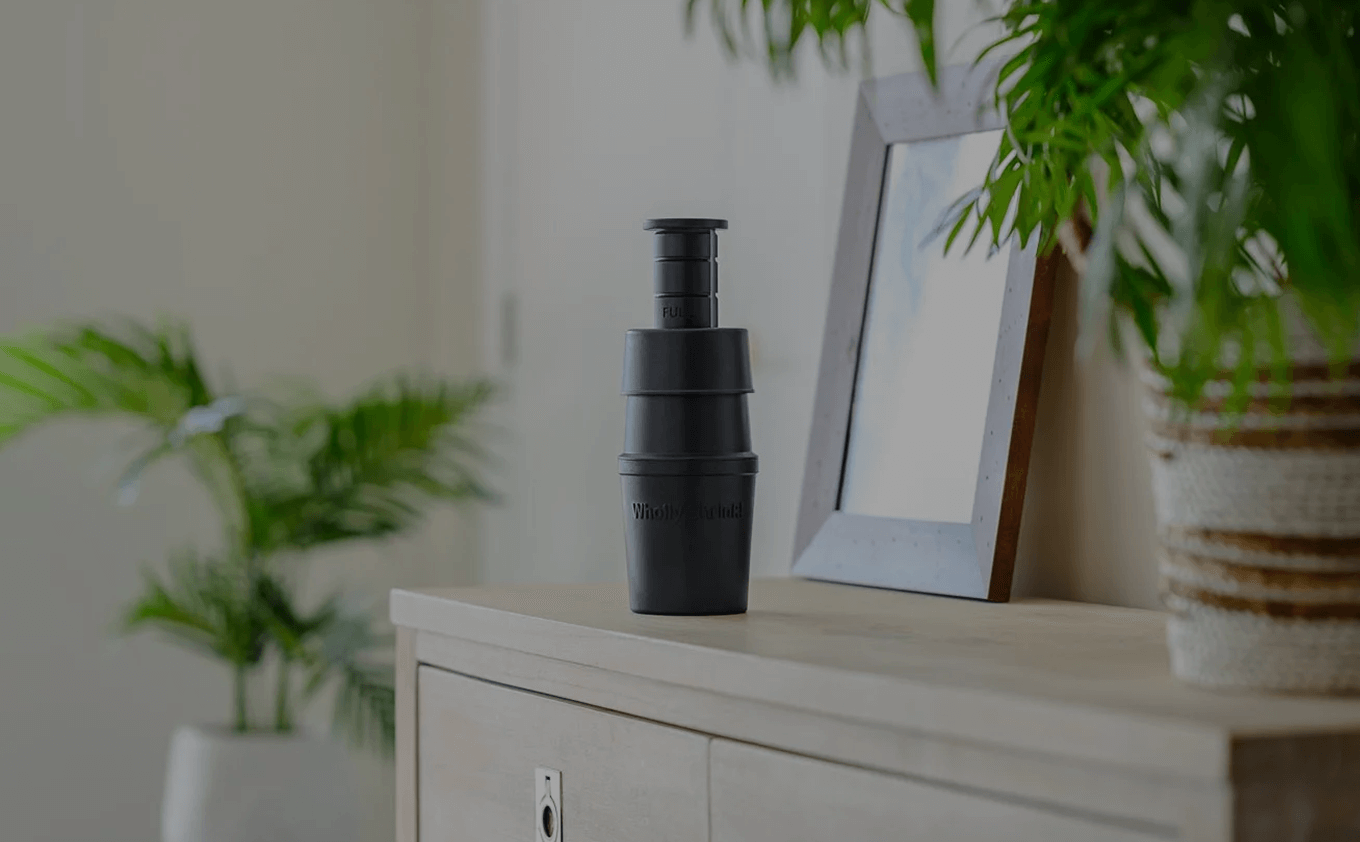Unveiling the Reality: The Complexities and Solutions of Soft Plastic Recycling in ANZ
The issue of soft plastic recycling in Australia has gained attention, and there is a call for a national recycling scheme to address the challenges posed by soft plastics and packaging waste. The Waste Management and Resource Recovery Association of Australia (WMRR) has urged Australian Environment Ministers to implement a fully funded and regulated mandatory extended producer responsibility (EPR) scheme for soft plastics and all packaging [1][3].
The current National Plastics Recycling Scheme (NPRS) proposed by the Australian Food and Grocery Council (AFGC) is criticized by WMRR for not being a comprehensive EPR scheme and lacking clear obligations for producers [1][3]. WMRR emphasizes the need for a holistic approach that includes waste avoidance, minimization, and end-market development using Australian recycled materials [1][3]. They advocate for reducing plastic usage, increasing reuse models, and fundamentally redesigning plastic packaging across its lifecycle [1].
The goal of such a scheme would be to improve recycling rates for soft plastics, which are predominantly single-use and currently have low recycling rates [1]. The circular economy would benefit from increased recycling and better management of soft plastic waste [1]. By implementing an extended producer responsibility scheme, the focus would shift to holding producers accountable for their packaging waste and encouraging them to design products that are more sustainable and easier to recycle [1][3].
While the AFGC's NPRS has been criticized for not meeting the requirements of an EPR scheme, it is worth noting that some companies, like Kellogg Australia and New Zealand, are actively involved in the NPRS and are taking steps to reduce their plastic usage [2]. Kellogg's has made significant progress in reducing virgin plastic usage ahead of schedule and is involved in the trial of a kerbside collection model for soft plastics in Australia [2]. They have also participated in the NZ Soft Plastics scheme in New Zealand, which allows consumers to recycle soft plastics for the production of durable products [2].
In summary, there is a growing call for a comprehensive national soft plastics recycling scheme in Australia. The current NPRS proposed by the AFGC is criticized for its limitations and lack of clear obligations for producers. The WMRR advocates for a fully funded and regulated extended producer responsibility scheme that addresses waste avoidance, minimization, and end-market development. Efforts from companies like Kellogg's demonstrate that some businesses are actively working to reduce their plastic usage and participate in recycling initiatives.
References:
- "Call for National Soft Plastics Recycling Scheme." Tasmanian Times. Read online.
- "Kellogg's plastic reduction tracks two years early." Packaging News. Read online.
- "WMRR urges Australian env’t ministers to create national soft plastics recycling scheme." Australian Manufacturing. Read online.



